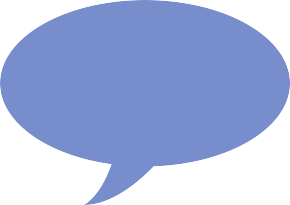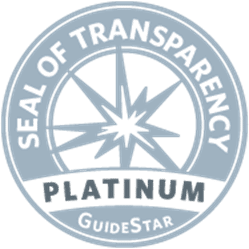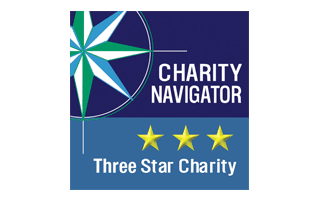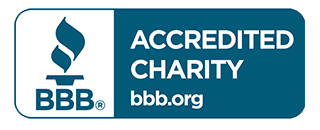Start with a startling fact – the overall health of immigrants and refugees who come to Alaska declines during the first five years they’re here. That’s not peculiar to Alaska; it’s part of a well-documented American experience for new arrivals, a result of culture shock and all the barriers encountered in a new land.
Our partners at the Alaska Literacy Program saw this among their English language learners.
What they did about it is inspiring. What the immigrants and refugees themselves have done about it is inspiring.
In 2013, in partnership and with funding from Providence Health and Services, the literacy program recruited its first Peer Leader Navigators (PLNs). The mission? To break down barriers to health and healthcare access information for underrepresented communities in Anchorage. They came from communities of their peers –immigrants and refugees from around the world, representing communities from Mexico, Jordan, South Sudan, Russia, Tonga, Samoa, South Korea, Rwanda, and many more.
By May 2022, with the graduation of the current group of 15 trainees, the literacy program will have 36 PLNs in the field, speaking 21 languages, and trained in a range of “literacies” that people need, from food assistance to COVID-19 care to tech savvy. Most are recruited in the Alaska Literacy Program’s English school.
“You don’t insert people into the community,” says Erin LoPorto, the Alaska Literacy Program’s resource manager. “You recruit people from the communities you want to reach.”
In one sense, the PLNs are self-selecting. LoPorto says they are people who already are helping their neighbors and friends before they’re approached about a more organized, well-trained and paid role.
Peer Leader Navigators are trained in programs covering access to health care, housing, rent and utility assistance, the SNAP and WIC food programs and the work of the Food Bank of Alaska, COVID-19 information and access to vaccinations, and overall information literacy – sometimes something as simple as knowing the difference between junk mail and a form that needs filling out. Easy, if you’re born to the culture. Confounding, if you’re not.
PLNs have played a key role in the Nourishing Neighbors program, a partnership powered by a grant from Albertson’s whereby families get help connecting to whatever food assistance they need – Supplemental Nutrition Assistance Program (SNAP), Supplemental WIC, help with budgeting, transportation, a partner in shopping to help select culturally fitting food — with the cooperation of the Carrs/Safeway stores, who have hosted outreach events. Nourishing Neighbors marshals the resources of United Way’s Alaska 2-1-1, Food Bank of Alaska, the Municipal Innovation Team, along with SNAP and WIC.
When the pandemic struck Alaska in March 2020 the Alaska Literacy Program’s clients had the same experience that so many other Alaskans had.
“People were facing crises in their lives,” LoPorto says. “We started helping on pretty much everything.”
The program realized more clearly that the mission of breaking down barriers to health-care access was broad. People couldn’t focus on their health if their living situation was unstable – that instability is itself a barrier to health care. Helping clients establish and meet their basic needs was vital. With those needs met, PLNs could circle back to the health priority and begin to work on vaccine hesitancy, misinformation and distrust to deliver accurate information and access to care – sometimes literally delivering access to care.
“PLNs spend a lot of time driving,” LoPorto notes. They drive clients to and from doctors or other appointments, emergency rooms, to vaccine and testing sites, to shelters around town to find emergency housing, or to food banks.
“Everyone wants to do more,” LoPorto says. “With PLNs that’s working. They know many people need a human being in the process, in an increasingly automated world.”
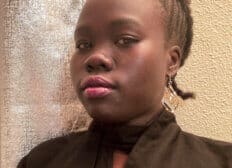
One of those PLNs is Tabitha Lemton, an Alaskan since 2012, a Peer Leader Navigator since 2018, who is from the South Sudan. “We don’t just point people to a direction,” Lemton said. “We walk with them.” Lemton talks the walk in Dinka, Nuer or English as needed. You can read more about her work here.
We’re proud to be a partner with the Alaska Literacy Program. In their Peer Leader Navigators we have colleagues and kindred spirits to our health care navigators and our Alaska 2-1-1 call specialists – Alaskans who help guide their neighbors to the help they need to lead their best lives, who harness the power of their knowledge and technology to the age-old power of human connection, the willingness to listen, care and act.
The Healthy Communities grant we administered for the Municipality of Anchorage in 2021 was a page right out of the Peer Leader Navigators’ playbook – fund trusted leaders and organizations in diverse, often neglected Anchorage communities to get accurate information about COVID care, vaccinations and prevention to the people they serve.
Peer Leader Navigators also exemplify how to apply a vital lesson that we’ve learned – and relearned – over the years. It’s best summed up in the method that guides much of our work in education: the right help to the right student at the right time. The idea is to avoid the trap of trying to make people fit into programs, but rather figure out what people need and then tailor programs to those needs.
If necessary, create the programs. That’s what the founders of the peer leader navigators did. In current parlance, that’s called being “people-centered.” You could also call it a philanthropic take on street sense, or an answer to that quintessential American (and Alaskan) question: “What works?”
The mission of the Alaska Literacy Program’s PLNs to break down barriers for the underserved is an example of where we hope to take United Way’s mission in the coming years, to refocus our continuing work for the health, education and financial stability of everyone in Anchorage.
